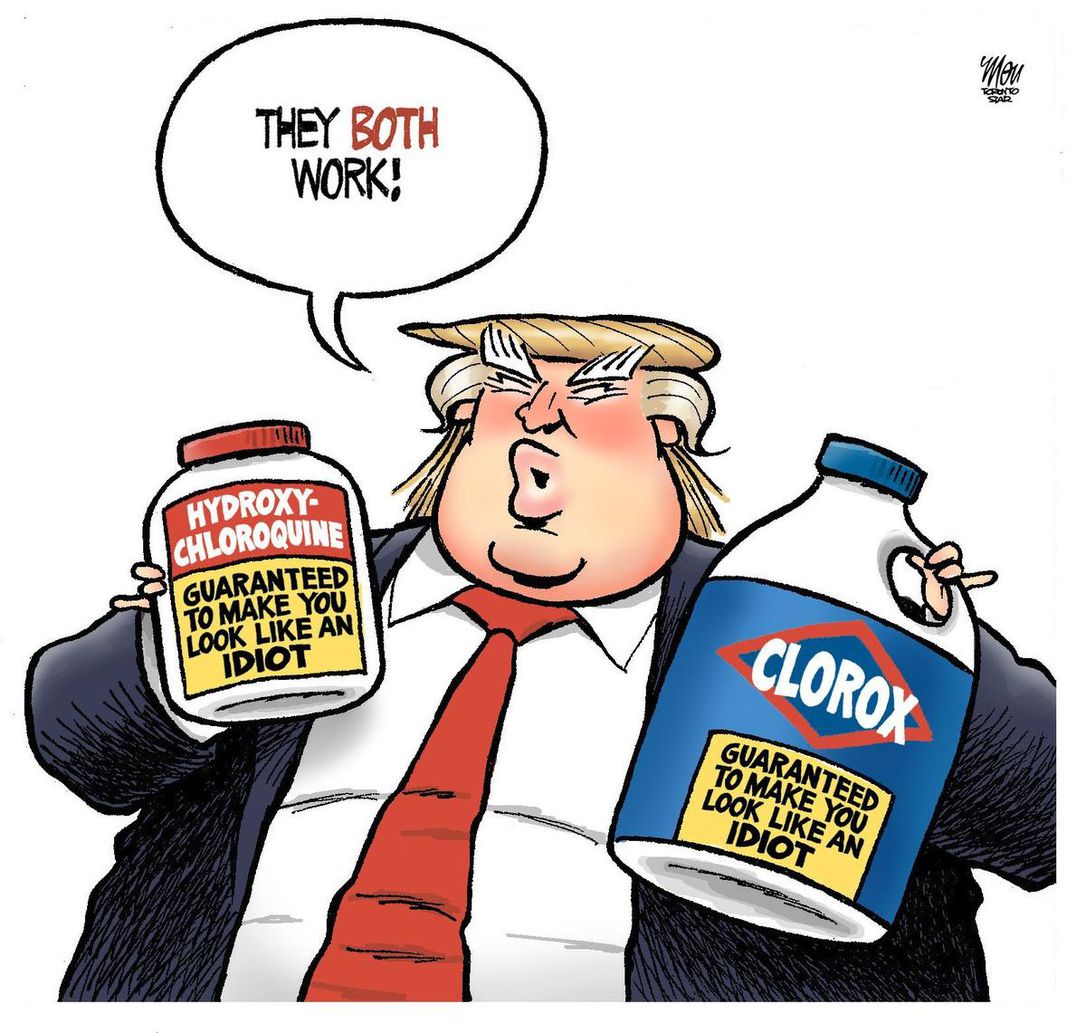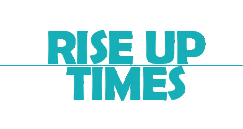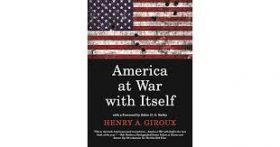By normalizing death in the name of economic and political expediency, Trump has opened the door to legitimating an indifference to public health, the pandemic of inequality, and a sustained attack on the welfare state and the health of democracy itself.

The militarization of language in the service of diversion is on full display in Trump’s claiming that the American public are the new warriors enlisted in the battle to fight the coronavirus pandemic. More specifically, this militarized language is used by Trump to justify his claim that a cure, referring to stay at home orders and the shutting of the economy, is potentially “worse than the problem itself.” For Trump, saving the economy is more important than saving lives. As “warriors” the American public is being told to support this new battlefield strategy while suggesting that everyone is equally responsible for addressing the pandemic crisis, which mostly means reopening the economy in spite of its potential sacrifice of lives. This tactic normalizes and diffuses Trump’s own responsibility for leading the country forward with a plan while normalizing the possibility of a pandemic that is predicted to take 3,000 lives daily.
Trump’s warrior rhetoric attempts to hide the potentially devastating consequences as well as responsibility for the White House’s decision to prioritize saving the economy over the concerns of the medical community to save lives. This militarized rhetoric also “forgets” how unprepared the U.S. was when the pandemic first emerged.
Downplaying the threat of the coronavirus is more than ethically irresponsible. It is certainly more than another attempt on the part of the Trump administration to divert attention away from his administration’s failure to take account of early warnings about the pandemic, and provide adequate levels of testing, medical supplies, ventilators, masks and a national plan to contain and stop it. It is also about normalizing false choices, sacrificing lives to support what the super patriots call the “American way of life.”
The choice between saving the economy and staying home at the risk of going hungry, lacking medicine, and fulfilling basic human needs is a false choice. It is a brutal trade-off. Not only does it devalue human life in general, it provides a rationale for saying that some lives are more valuable than others, and this takes place largely in racial terms. In this case, viewing the elderly, poor people of colour and class, and those with predisposed conditions as disposable is normalized.
Normalizing this position not only legitimizes a script for social Darwinism, it also jettisons morality and social responsibility from the dangerous assumption that some lives can be prioritized over others in the interest of economic well-being. In a country defined by endless wars, massive inequality, punishing levels of poverty, and the concentration of wealth, income and power in relatively few hands, Trump’s notion that what is good for the economy is also good for society and the American public is false, misleading, and dangerous. In this discourse, the notion that money drives politics disappears, along with iniquitous relations of power.
Governments with a reverence for life should be able to protect citizens through a massive expansion of social benefits and universal health care and financial subsidies for small and large business until it is safe for people to go back to work and resume their daily lives.
By normalizing death in the name of economic and political expediency, Trump has opened the door to legitimating an indifference to public health, the pandemic of inequality, and a sustained attack on the welfare state and the health of democracy itself. Canada has not prioritized the economy over human life, nor has it set up the false equation of pitting one against the other. We should be proud to be Canadians at a time when the political leadership has provided a very different model and language for addressing one of the most serious crisis of our time.
Subscribe to RiseUpTimes.org Support independent media.
Please donate today and share articles widely.
Truth is not fake news. Justice is not fake news.We don’t have to tell you what dangerous times we face.
We need your help to bring you timely articles and information about so many important current issues in these Rise Up Times.
The contents of Rise Up Times do not necessarily reflect the views of the editor. Articles are chosen for republication based on the interest of our readers. Rise Up Times republishes articles from a number of other mostly independent news sources as well as original articles and stories.



